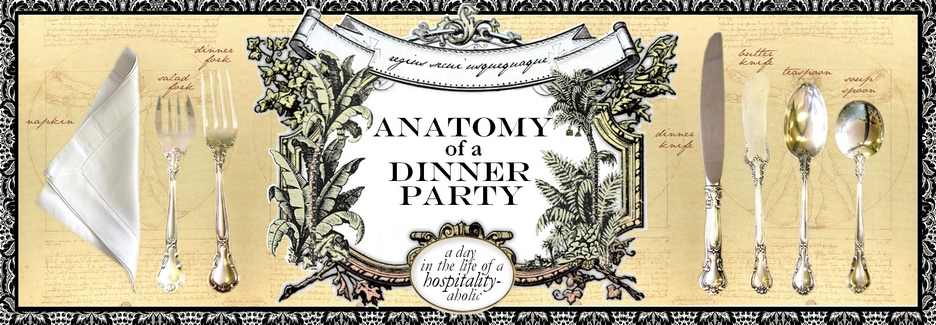As reported, Monday, Lisa and I went to the Georgia Grown show where the lovely John from Savannah Clams gave us both a big bag of fresh clams to take home. Eric and I cooked ours last night, thinking they would be delicious over pasta with garlic and basil. Here’s how it went down:
Clams were briefly rinsed and set in a pretty bowl
Sauteing the basil and garlic in 5 tablespoons of olive oil
Time to open up, little clam friends!
Adding the bowties to the clam party
Well, the truth of the matter is, Darlings, that it was not. It sure looks pretty, though, doesn’t it? It was one of the grittiest things I have every tasted. Did I know how to properly clean clams before cooking? Apparently, I did not. But I want you to learn from my mistakes, so I am sharing this article from ehow.com before you run off to make yourself some clams. This would have saved those beautiful bivalves and we all would have been happy last night. See? I told you it is not culinary expertise at our house every night. In fact, tonight, I am serving Miss DeVore leftover beef bourguignon. Hopefully, she won’t mind.
But back to the clam cleanings. Here you go:
- Pick healthy clams from the beginning. If clams are chipped, broken or open, buy something else because they are not healthy. Clams in their shells are alive when you bring them home, so keep them in a cool, open area where they can breathe.
- Put the clams in a medium-size container of clean, fresh water to soak for 20 minutes. Because clams filter water through their systems, putting them in fresh water helps clear out the salt and sand that they store inside. Some chefs recommend adding a few tablespoons of corn meal to the water to help clean the clams more thoroughly.
- Pull the clams up out of the water instead of pouring them through a strainer. The salt and sand that comes out of the clams during the cleaning process will run right back over them if you pour the liquid and clams through a strainer.
- Scrub the clams, once they’ve soaked, to remove any barnacles or other debris on the outside of the shell. This process should also be used for other shellfish, like mussels.
There you go, Darlings. Don’t be a clam clod like me and forget to soak the clams. They deserve better than that.
Clam chowder, anyone?
xoxo, Patti
